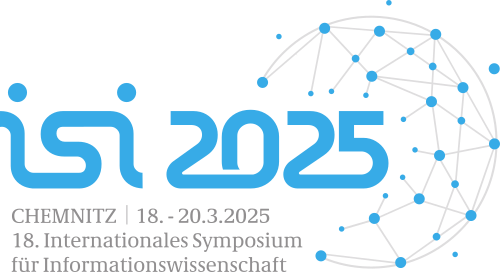Direktor der TIB, Leitung der Forschungsgruppe Data Science & Digital Libraries
In the evolving landscape of scientific knowledge management, the integration of neuro-symbolic AI approaches offers opportunities to enhance the organization, discovery, and synthesis of research contributions. We explore how knowledge graphs and large language models (LLMs) can be synergistically combined to advance the representation and accessibility of scholarly knowledge. At the heart of this approach is the Open Research Knowledge Graph (ORKG)—a platform that structures scientific knowledge into machine-readable representations, enabling comparative analyses, automated reasoning, and contextualized exploration of research findings. Extending this vision, ORKG ASK introduces a novel query and synthesis system, combining symbolic knowledge with neural AI capabilities to provide precise, explainable, and interactive responses to complex scientific inquiries. We will examine the foundations and practical applications of neuro-symbolic AI in scholarly knowledge organization. By bridging the gap between symbolic representations and neural models, this approach aims to make scientific knowledge more accessible, transparent, and actionable—paving the way for a new era of AI-driven research assistance.
